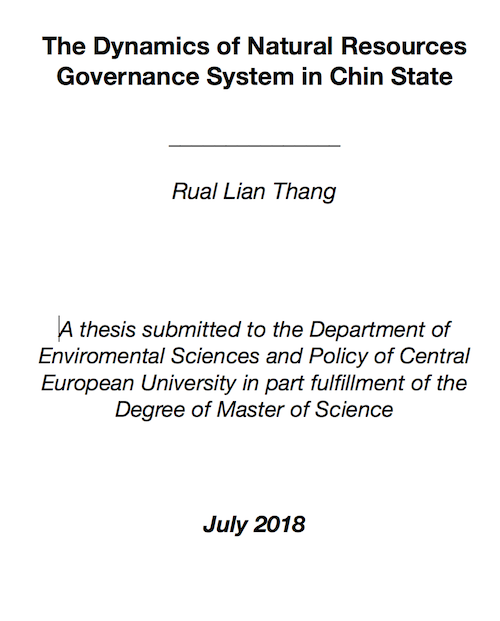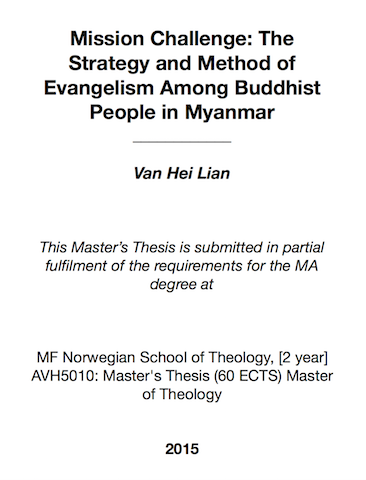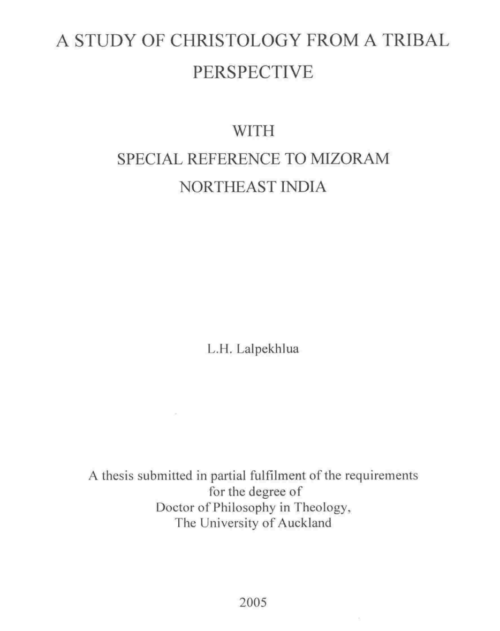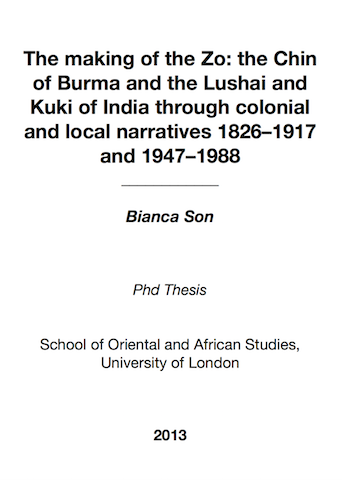Asylum seekers and voting behavior
| Author |
|---|
Description
Abstract:
During the last two decades, Norway experienced a large influx of asylum seekers. The issue of asylum seekers or immigration has been a dominant topic in recent election campaigns in Norway and many European countries. This thesis exploits municipal-level variations on asylum seekers who stay at reception facilities in Norway, during a period of substantial inflows of asykum seekers (1997-2015) to estimate the causal effects on the electoral outcomes of anti-immigration party, namely Progress Party. Using panel data with fixed-effect model, the results show that asylum seekers have a positive impact on the voting outcomes of Progress Party with very small size of estimated effect. However, the estimated coefficient is not statistcally signifcant, which implies that there is no evidence on the effect of asylum seekers on election outcomes of Progress Party. This result also holds when making use of several regression forms as for robustness checks. Overall, my results do not support the hypothesis that an increase in the share of asylum seekers within a municipality is associated with an increase in the electoral support for Progress Party.
Additional information
| Author | |
|---|---|
| Format | |
| Year Published | |
| Language |
You must be logged in to post a review.
Related products
Category
- Arts (2)
- Biography (5)
- Ebook (26)
- Family (1)
- Fiction (3)
- Free download (61)
- History (28)
- Journal (1)
- Magazine (1)
- Philosophy (4)
- Politics (36)
- Psychology (1)
- Religion (12)
- Reports (17)
- Thesis & Dissertations (35)








Reviews
There are no reviews yet.